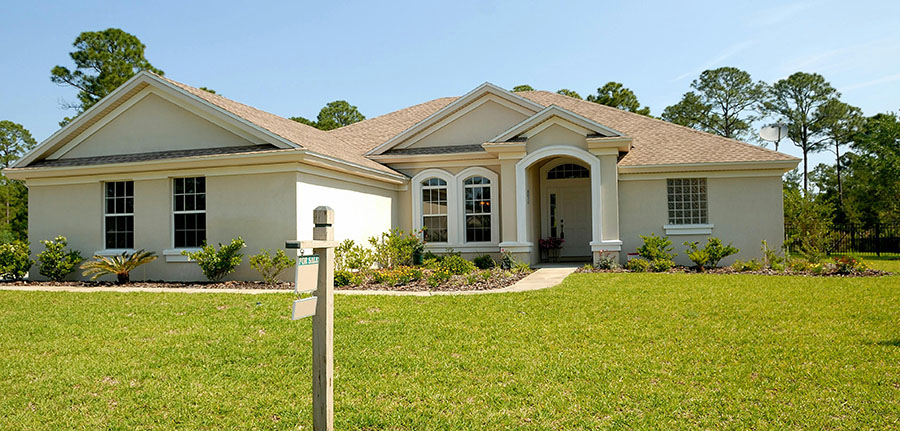Georgia lawmakers are proposing measures in 2024 to stem higher property tax bills driven by a sharp rise in property values.
ATLANTA — With a runup in home values sparking higher property taxes for many Georgia homeowners, there is a groundswell among state lawmakers in this election year to provide relief.
Georgia’s Senate Finance Committee plans a hearing on Monday on a bill limiting increases in a home’s value, as assessed for property tax purposes, to 3% per year. The limit would last as long as the owner maintained a homestead exemption. Voters would have to approve the plan in a November referendum.
Meanwhile, Republican House Speaker Jon Burns of Newington proposes doubling the state’s homestead tax exemption, a measure likely to cut tax bills by nearly $100 million statewide.
But Georgia is far from the only state where lawmakers are reacting to voter discontent over higher levies.
“Property taxes are likely to be the biggest tax issue in many states this year,” said Jared Walczak of the Tax Foundation, a group that researches taxes and is often critical of increases.
In Texas, voters in November approved a plan cutting property taxes by $18 billion. Kansas’ Democratic governor and its Republican-majority legislature are both endorsing larger exemptions for homeowners to cut taxes by $100 million annually. Colorado lawmakers meeting in a November special session approved higher residential deductions and a lower assessment rate. Pennsylvania is using lottery proceeds to cut property taxes and subsidize rent for seniors and people with disabilities.
In Georgia, supporters say a cap on homes’ taxable value would keep school districts, cities and counties from increasing tax revenues by relying on rising values. Republicans have long pushed local governments to roll back tax rates to keep bills level, even requiring advertisements labeling a failure to do so as a tax increase.
Finance Committee Chairman Chuck Hufstetler, the Rome Republican sponsoring Senate Bill 349, says many school districts and governments are instead pocketing higher revenues based on value.
“I’ve seen some increases where, just in a couple of years, their collections have gone up 40%,” Hufstetler told The Associated Press on Friday. “And they haven’t dropped the millage rate and they are using it for a backdoor tax increase. And I think there needs to be some moderation on that.”



